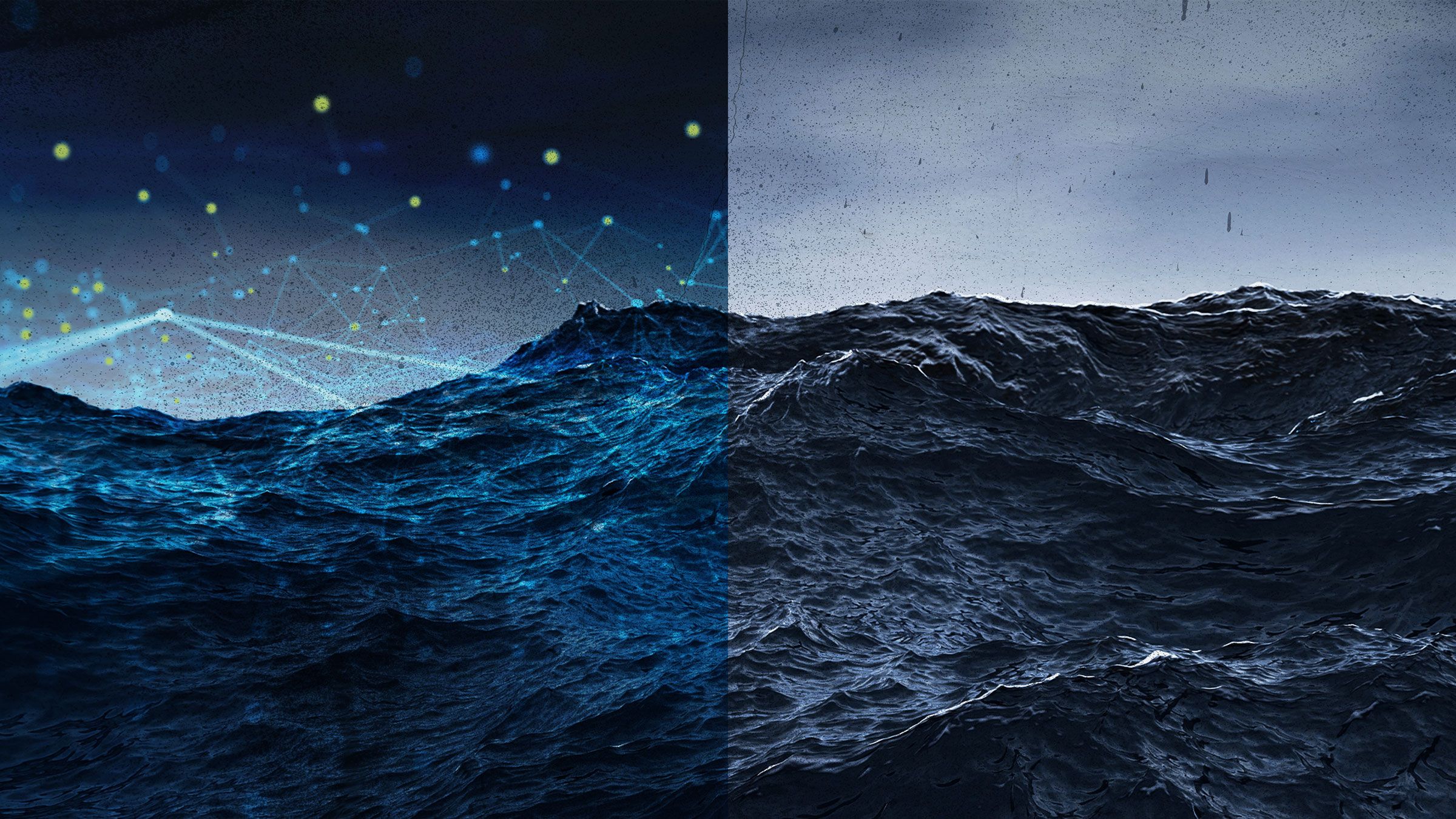The New Digital Dark Age
The New Digital Dark Age
In today’s digital age, we are faced with an alarming trend towards what some experts are calling the “New Digital Dark Age”. This term refers to the potential loss of our collective knowledge and information due to the rapid pace of technological advancement.
With the exponential growth of digital data and the ever-evolving nature of technology, there is a real risk that much of the content that is being created today may be lost or become inaccessible in the future. This could have far-reaching implications for our society and our ability to understand and learn from our past.
One of the main concerns is the reliance on digital formats that may become obsolete or unreadable over time. As hardware and software systems evolve, there is a constant need to update and migrate data to new platforms, which is not always feasible or practical.
Additionally, there is a lack of proper archiving and preservation practices in place for digital content. Without proper measures in place to ensure the long-term viability of our digital information, we risk losing valuable historical records, scientific research, and cultural artifacts.
As we continue to generate massive amounts of data through our online activities, social media posts, and digital communication, the need for a comprehensive strategy for preserving this information becomes increasingly urgent. If we do not take steps to address these challenges, we may find ourselves in a digital dark age where much of our knowledge and cultural heritage is lost forever.
It is crucial that we as a society recognize the importance of preserving our digital legacy and take proactive steps to ensure that our digital information is not lost to future generations. This may involve investing in new technologies for long-term storage, developing robust archiving practices, and educating the public on the importance of digital preservation.
The New Digital Dark Age presents a sobering reality of the fragility of our digital heritage. It is up to us to take action now to prevent the loss of valuable information and ensure that future generations have access to the knowledge and resources they need to thrive in an increasingly digital world.






